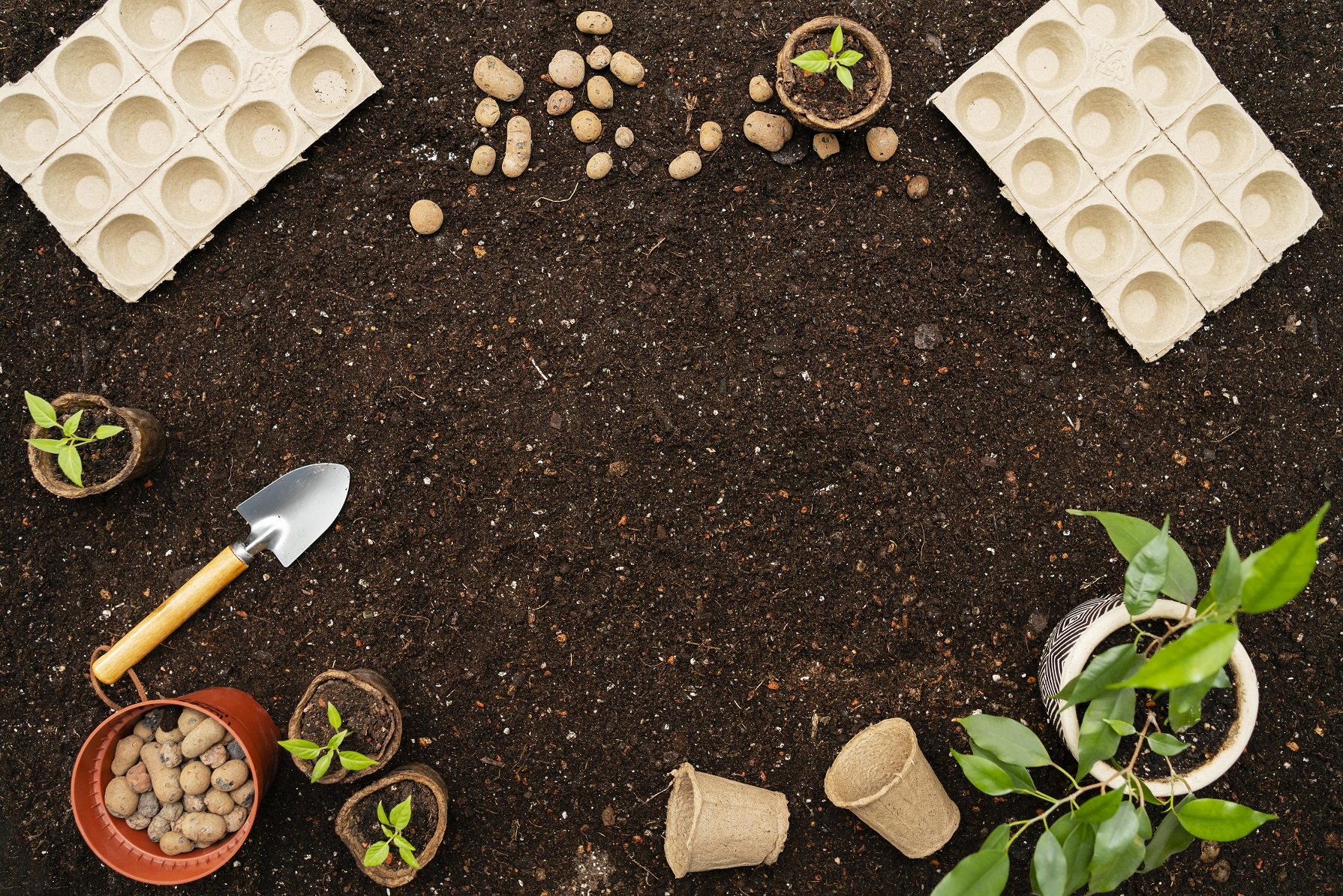Spring Cleaning Your Garden
As the spring season approaches, it's important to know how to clean your garden. The article highlights spring cleaning for your garden, tasks like getting rid of debris, trimming, and adding mulch to promote healthy growth. Embrace gardening as a fun an

Spring cleaning our closets and our homes has always been a regular yearly task. Spring cleaning our garden has not been as common as most of us don’t feel the need to do it. Living in the city, most of us have much smaller gardens and there isn’t much work that needs to be done, but if you do have a bigger yard and grow a lot of plants, then cleaning up becomes important at some point or the other.
There are no hard and fast rules as to cleaning up your garden and one can leave it just the way one wants it to be. For those of us gardeners who want to clean it up a bit and add or remove plants, springtime is the best time to do so, hence the term Spring cleaning.
We in Nepal are very fortunate to enjoy the seasons of spring, summer, monsoons, autumn, and winter. Spring season in Nepal continues from March till May. Now that the days are longer and warmer, it is the perfect time to spruce up your gardens.
Why is it important to wait till the temperature is warmer? Is it simply because our gardens are also a hot spot for insects and bugs? Most of them have slept well through winter in nooks and corners of your garden waiting for the warmer days to hatch their eggs and start a new cycle. Butterflies and moths, bees and ladybirds, dragon flies and wasps will begin to emerge from our soil and start their life processes. We cannot have a healthy garden if we do not become buddies with the bugs and insects. They are a key biological control essential to a healthy garden so leave them alone and let them breed.
Spring clean-up is an important part of garden care because it helps your garden look its best and promotes healthy growth. If you want it to be full of vibrant life during summer, now is a good time to get out of your bed and into your garden.
The basic tasks of cleaning up your garden include removing debris, adding mulch or organic compost to your soil, pruning trees and preparing your beds and pots for planting. I have just gathered up all the dead leaves and other debris that winter has left behind and I can already see my plants breathe in new life. This is also the best time to say goodbye to your wilting winter annuals. Most people have stopped growing annuals and now have a completely perennial garden. I for one still love the showy annuals even though they are short-lived. They give my garden so much color and variety. Having said that, I am always ready to dump them into my compost bin once the season is gone. While you are cleaning up your annuals you can also check for any damaged or dead plants that need to be removed or replaced.
Pruning is an essential part of the cleanup. Perennials can be cut back to the base growth once you see new growth popping up at the base of the plant.
Hedges and shrubs get very woody as they get older. Pruning them to the right size allows energy to be redirected to newer growth. Pruning them also allows more air circulation and definitely more light.
Pruning bushes and trees should also be part of your annual garden clean-up regimen. Start by trimming back branches until you reach healthy foliage, which will create an even look while encouraging new growth along trimmed edges throughout the season.
Finally, having cleaned and pruned your garden it is then time to give it some mulch.
What is mulch?
Mulch is the ultimate gardening time-saver and it reaps many rewards. When mulch is added to your garden in the right proportion, it gives you healthier fruits, vegetables and flowers. Organic mulch can be easily prepared in your homes if you have your compost bin. Spring is the perfect time to start composting if you haven’t already. You can set up a bin, dump it in a pile or just dig a hole in your yard and throw in your ingredients. Compostables include kitchen waste, and other household recyclables such as cardboard, paper, sawdust, and more. Everything in my garden goes back into the garden as mulch and I cannot express how satisfying it feels.
This process of mulching helps to insulate, fertilize and protect those all-important growing roots, keeping roots warm in spring and cool in summer. It also helps in moisture retention and adds nutrients to the soil as it breaks down. Having said that, it is important to not go overboard while mulching. We have all killed many plants with too much kindness. Two to four inches is the optimum amount of mulch you should add to your soil.
The Green Owl family wishes you a vibrant Spring season. Gardening should be fun and relaxing and I hope you experience just that.


